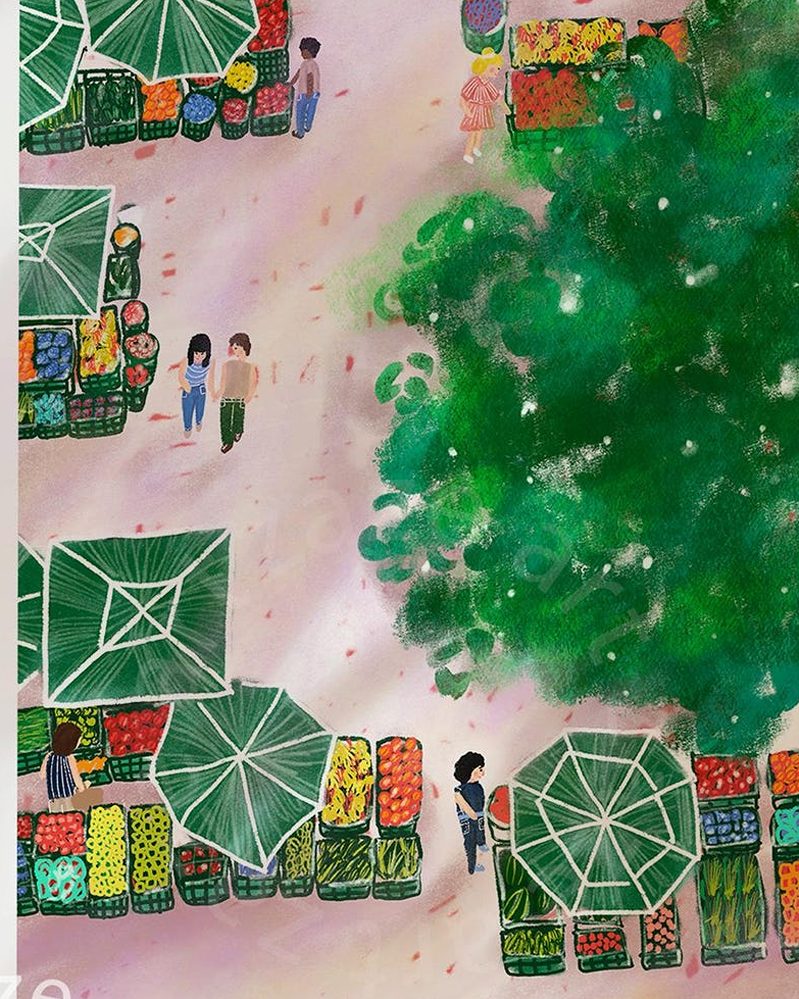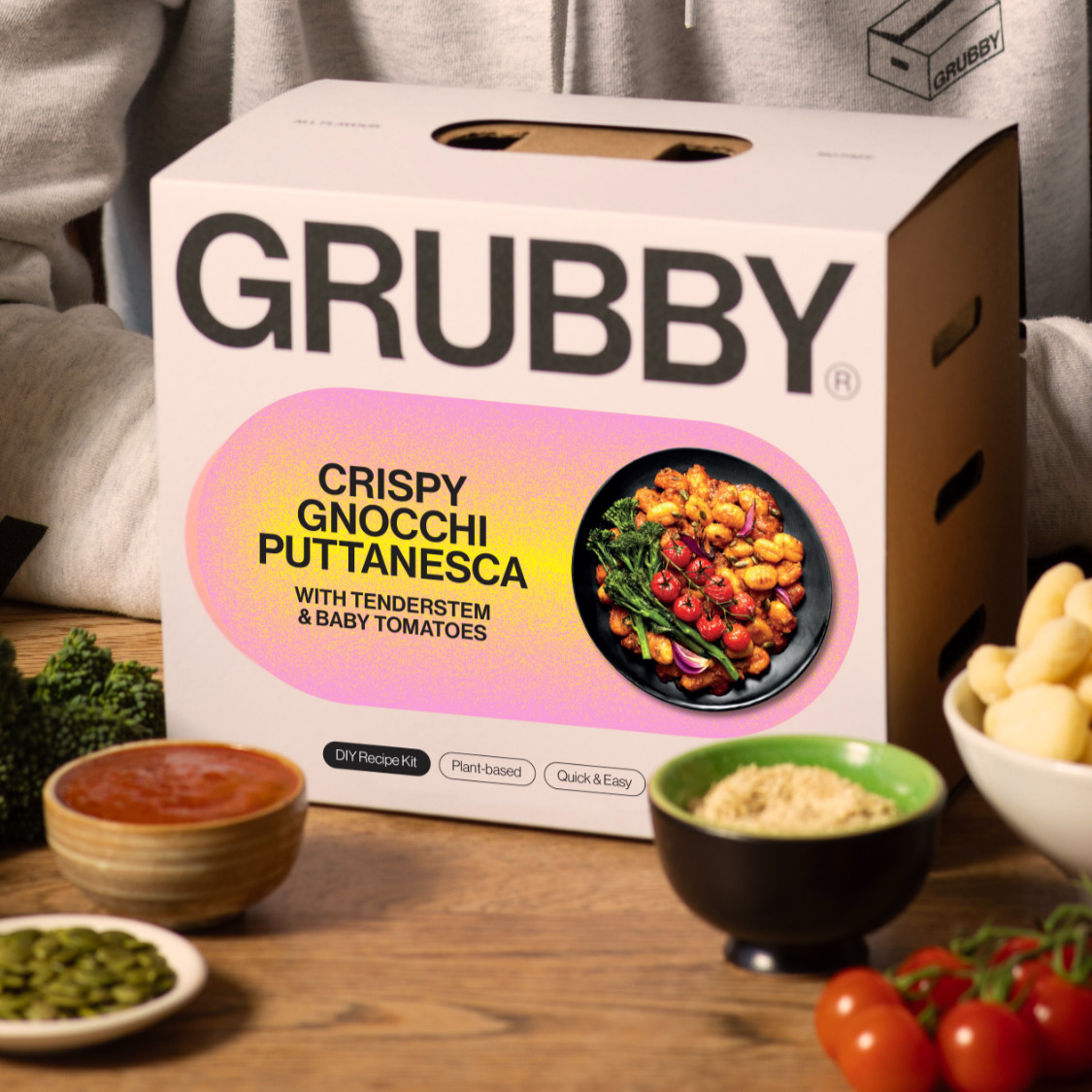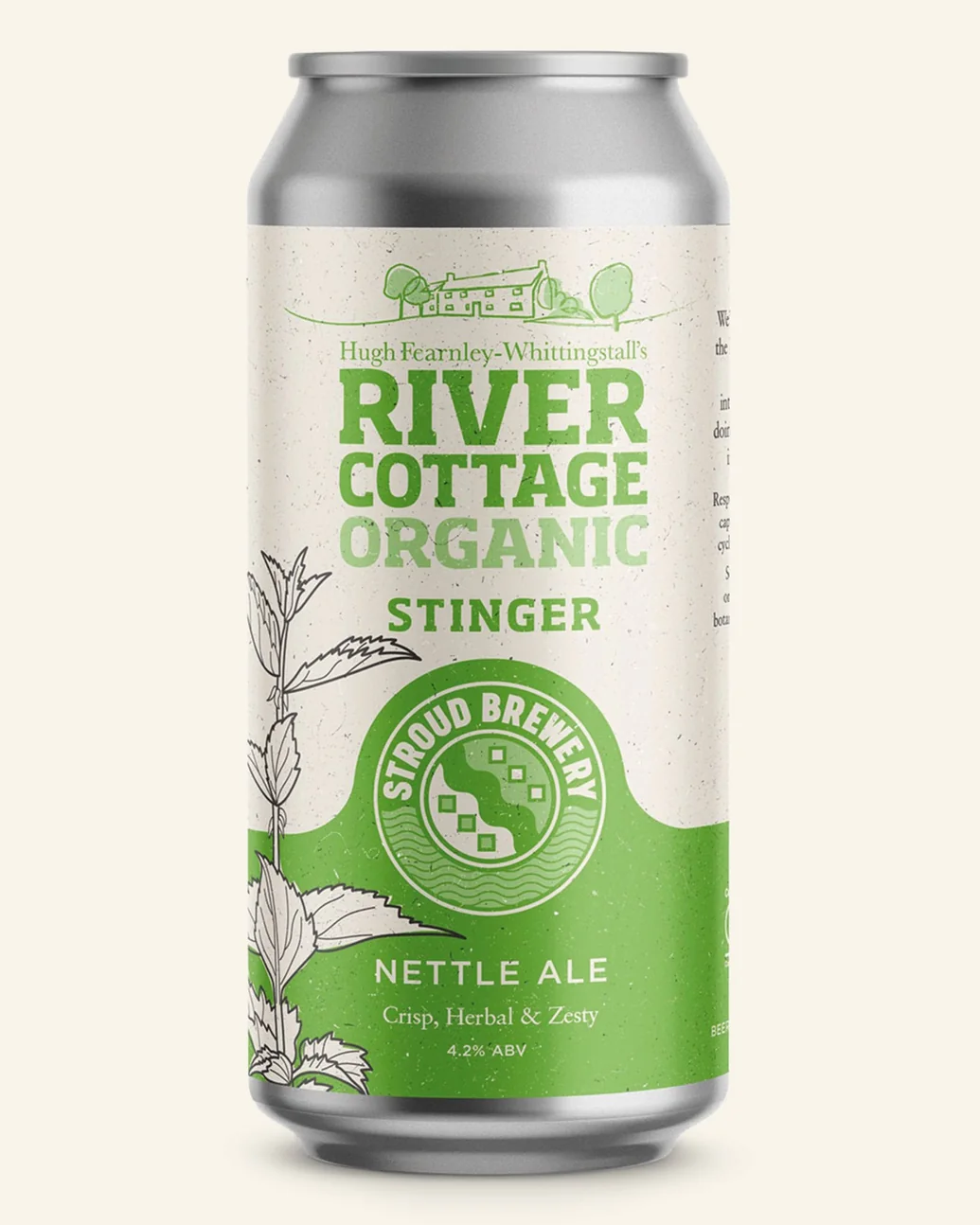Reasons to Support Your Local Farmers’ Market

Farmers’ markets thrive in many countries abroad, including in the New York state of Ithaca, which has a wonderful book of how their markets thrive, to inspire. More than just places to buy food, farmers’ markets offer a direct link between farmers and their customers, cutting out middlemen for more farmer profits, lower food miles and less plastic packaging.
London Farmer’s Markets operate in many boroughs. You won’t find pots of olives (not local!) but you will find local organic apples and cherries!
Surbiton Farmers’ Market (Surrey) has raised over £60,000 for local shelters, hospices and carer networks by match-funding money raised and offering a free stall for charity volunteers. Thanks to them, a local cancer ward has been refurbished, blind people have gone on day trips, carers enjoyed an ice-skating trip and a homeless shelter received books.
Farmers need a government license to sell at markets (and liability insurance). Know food hygiene rules and read up on food safety for people and pets.
If selling flowers and plants, learn about pet-safe gardens, to educate customers. Never face indoor foliage to gardens, to help stop birds flying into windows.
Once home, just bin allium scraps (onion, garlic, scallions, chives, leeks) along with rhubarb/tomato/citrus scraps, as acids may harm compost creatures.
Shorter Supply Chains and Peak Freshness
Fresh produce sold at supermarkets usually is not local (even if it’s grown locally, often it travels to central distribution houses before being returned to supermarket shelves). When you shop at a farmers’ market, often the produce has been harvested that day, or the day before. From a few miles away.
Buying local produce means it has fewer food miles (so less traffic on the road), most produce is organic and it tastes better, and is more affordable.
The person who is selling you the produce knows about it, because they grew it! So can often tell you the differences between different types of apples or cabbages, and may have some useful recipe tips!
Keeping Money in the Community
Supermarkets may well bring in ‘jobs’ and ask you to put tokens in community charity boxes. But most profits for the big guns go to shareholders, not to locally-run shops and farmers.
A farmers’ market is likely rented out by councils or social enterprises. So the rent is going to be spent making your own a nicer place, not to fund head office of a major store. Local traders likely eat their lunch at the local pub or sandwich shop, and will order a sign from the local signwriter. Just spending £5 a day locally in a town, can generate millions of local town income.
A recent report by Sustain found that the average farmer growing 1kg of carrots gets little more than 1p in profit, despite them costing 19p or so to grow, and the carrots selling for around 69p a bag. That means supermarkets are making more profit than the farmers.
Meeting the People Who Grow Your Food
A worrying survey among young schoolchildren, found that many had no idea where their food came from. Some had no idea that potatoes grew underground, and even thought cheese grew on trees!
Taking children to farmers’ markets, lets them meet the very people who grew the food. They can ask questions on how tomatoes grow, which produce is seasonal, and parents and adults can even swap tips, with the farmers who actually harvested the carrots from the soil.






